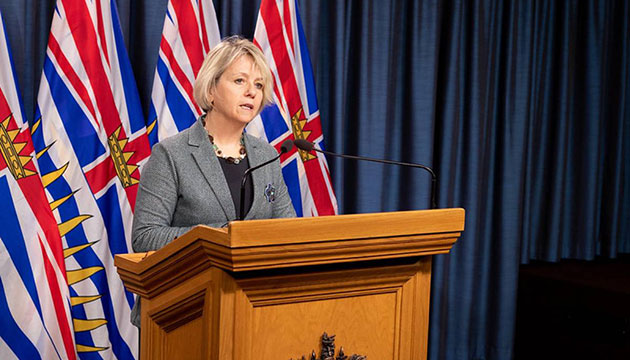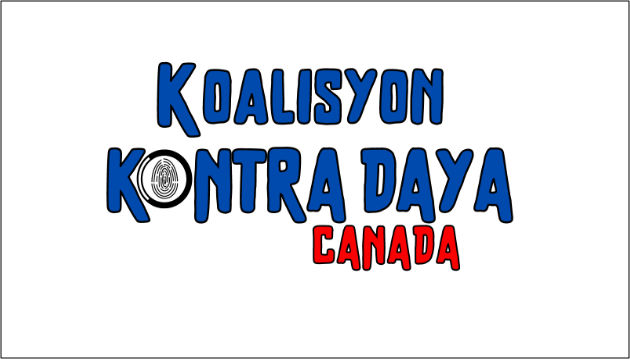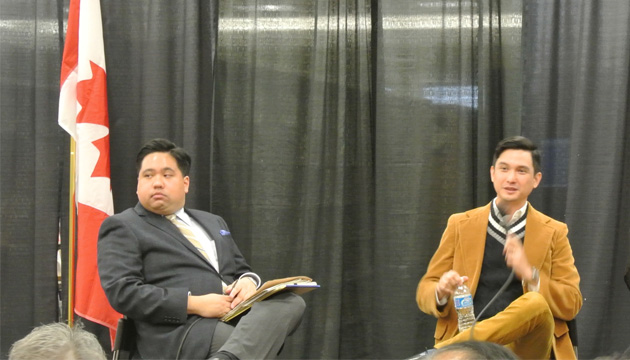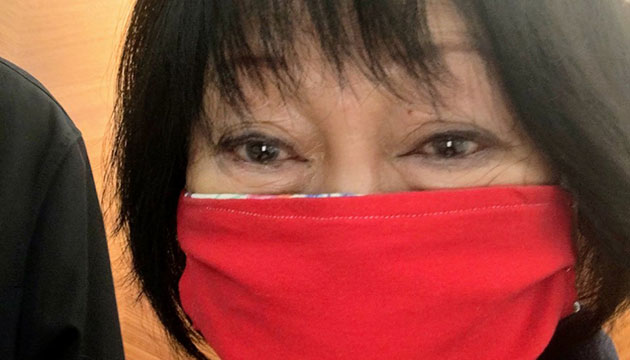According to a recent report published by Statistics Canada, COVID-19 has had a significant economic impact
on visible minorities with Filipinos reporting higher rates of job loss and difficulty with meeting financial obligations or essential needs in comparison to other groups.
Over 42% of Filipinos in this survey reported job loss or experienced a reduction of hours. The same percentage experience strong to moderate difficulty in meeting financial obligations or financial needs. Of that group, nearly 65% applied and received federal income support.
One of the most alarming things is the juxtaposition, which is that many Filipinos are considered essential workers, and yet they’re still experiencing financial hardship. Workers now face even more stress, as their essential jobs force them to choose between their own health and work.
There is an important detail to know about this report: The report was compiled through a crowdsourcing questionnaire and crowdsourcing data are not based on a probability sampling design so the findings should not be inferred to the overall Canadian population.
However, this report validates Tulayan’s original call for race-based data collection. As a matter of fact, this report opens up more questions than answers. We know that the pandemic has caused economic hardship and job loss, that’s a given. What we don’t know are the details that will inform us of what specific steps can be taken to mitigate the negative impact on people’s lives.
Are older or younger workers more economically impacted by COVID-19? Which cities are most impacted? Which industries have been affected the most? Is the financial impact more directly related to a reduction of hours by their workplace or because they’ve fallen ill with COVID-19? How effective are existing programs? We don’t have a lot of actionable insight other than knowing that Filipinos are heavily affected economically.
Governments and other organizations are creating policies and programs to help those whose lives have been severely impacted by COVID-19. Effective and sound public policies are informed by data and without this data, how are we to know the severity of the issues affecting our communities?
There are absolutely valid concerns that race-based data collection can be used against the communities that are meant to be helped by this information. Additionally, there are security and privacy issues that need to be addressed with a clearly defined data-handling framework around possession, ownership and distribution. It’s absolutely crucial that these are all addressed before the data is collected. Premier John Horgan recognizes this and has asked the BC Human Rights Commission (BCHRC) for guidance, advice and recommendations on how to properly do this. The BCHRC recognizes that “the collection of disaggregated data will serve to strengthen public policy by recognizing and accounting for the impact of systemic inequality and racism” and “the need to guard against the risks of increased stigmatization.”
Our community needs to see that, when done properly, race-based data collection can be empowering especially when done in cooperation and collaboration with us. That collaborative approach means we’re not passive participants. The data is more complete when we’re telling our stories and making sure we’re heard.
Tulayan partnered with the City of Vancouver last May to host a Town Hall for the Filipino community. It was a great way for city officials to engage with the community and it’s an effective medium during this pandemic to speak up and be heard. This kind of long-form engagement was long overdue and we should be asserting ourselves to all three levels of government to do more of it so we can continue to tell our stories and call attention to the data (and lack thereof) and the need to have public programs and policies to help our kababayan.













